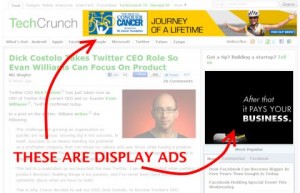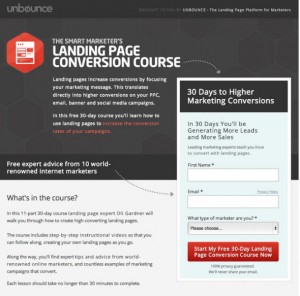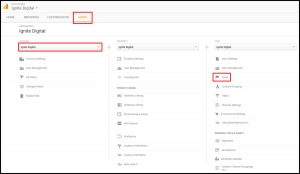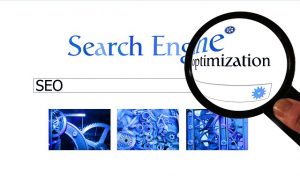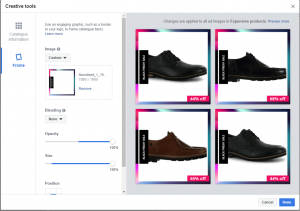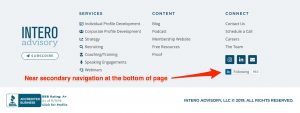A common question that every small business owner has when it comes to driving visitors to his or her website is whether search engine optimization (SEO) or pay-per-click (PPC) marketing is the best option. These are the two most effective traffic sources and each has pro’s and con’s to consider.
Pay-Per-Click (PPC): “(On the Internet) a business model whereby a company that has placed an advertisement on a website pays a sum of money to the host website when a user clicks on to the advertisement.” — The Oxford Dictionary
PPC (pay-per-click) is also often referred to as paid search marketing.
Pay-Per-Click Pro’s
- Instant traffic to your website — pay-per-click gives you the ability to have ads on the top of search results almost immediately after setting up a PPC campaign.
- Full control — you are in complete control of your ad copy, the keywords that will trigger your ad and the destination URL that the visitor is sent to after they click on your ad.
- No worrying about algorithm updates — PPC ads are not impacted like the organic (unpaid) search results are when search engines perform an algorithm update.
- Complete brand dominance — Paid search marketing lets you control prime real estate in the search results when your brand shows up in both the natural results and the paid search results.
- Laser target your audience — you can target your ideal customers by controlling what geographical locations will see your ads, allowing small businesses to only target potential local customers.
Pay-Per-Click Con’s
- Can be very expensive — pay-per-click can be very expensive if the campaign is not correctly set up, resulting in a depleted budget with little to nothing to show from it.
- Must test extensively — PPC takes a lot of personal experience and ongoing testing, which is the reason many small businesses hire digital marketing firms to handle their PPC management.
- Must optimize constantly — Paid search marketing is not a “set it and forget it” advertising option, as PPC campaigns require constant optimization and fine tuning in order to keep the ads performing and producing a ROI.
Search Engine Optimization (SEO): “The process of maximizing the number of visitors to a particular website by ensuring that the site appears high on the list of results returned by a search engine.” — The Oxford Dictionary
Search results achieved through SEO are often referred to as “organic results” as they are the natural (unpaid) results that the search engine returns when a search query is performed.
Search Engine Optimization Pro’s
- Natural exposure and credibility — holding a top organic (unpaid) search result not only provides a lot of exposure but many consumers view organic search results as being more credible because they are not paid ads.
- Large ROI potential — the organic search results will typically attract more clicks which bring in more conversions and revenue, and ultimately a solid ROI.
- Exposure on several search engines — high quality search engine optimization can provide your small business with exposure on several search engines, such as Google, Yahoo, AOL, and Bing.
Search Engine Optimization Con’s
- Quality SEO takes time — SEO can take many months to notice results, but when it is done the right way it can result in consistent website traffic and a nice ROI.
- High competition — some business categories and keywords have very high competition and your small business might be trying to fight an uphill battle against corporations with huge budgets and resources. No business owner starts a search engine optimization campaign or hires a SEO company with the intention of going after page #2 — everyone wants first page rankings and ultimately the top spot.
- Susceptible to algorithm updates — an algorithm can really shuffle the search results, causing organic rankings to fall and months of hard work and money to be flushed down the drain — this is why it is so important to use a SEO company that uses content marketing and social engagement rather than mass link building strategies.
Final Thoughts
While pay-per-click marketing can produce immediate results you must be willing to spend the money, but it allows you to dominate the top paid search results. Search engine optimization can deliver a solid return in the long run and while it takes time to do it correctly you do not want to take any shortcuts that put your website in danger of a penalty.
Still wondering whether search engine optimization or pay-per-click is the right choice for your small business? Using a combination works really well, although it really comes down to your available budget and goals.
If you would like more online marketing tips you can sign up for Market Domination Media’s free weekly newsletter by clicking here and submitting your name and email address.
Follow Jonathan Long on Twitter: www.twitter.com/MDMSEO
Read more on Huffington Post (blog)
(511)
Report Post
